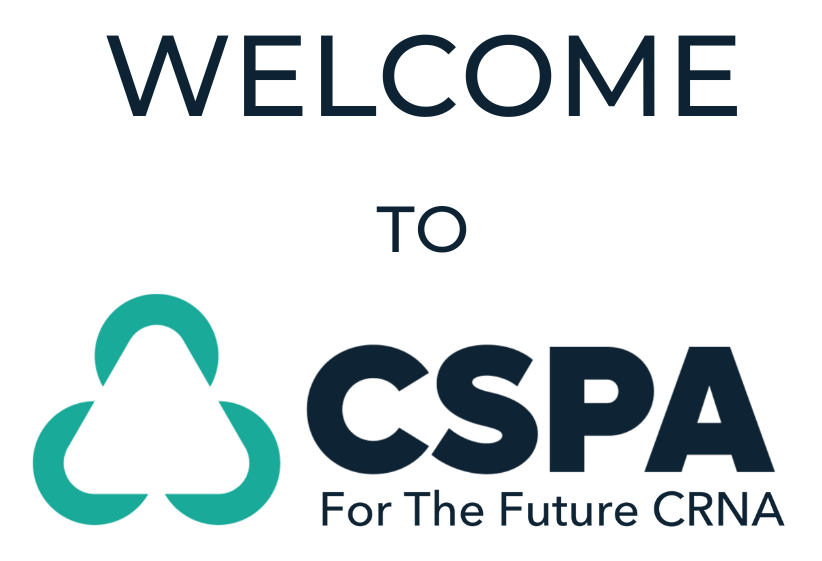Get Your Free 8 Steps to CRNA Road Map Guide
Watch the episode here
Listen to the podcast here
Episode Timestamps
Not so sure what questions you should be asking after your CRNA school interview? It is essential to ask the RIGHT questions to leave a good LAST impression.
Today’s episode will tell you more about which questions you should and should NOT ask during your CRNA school interview. And why it is important to have these questions prepared beforehand.
Let’s dive in!
02:44 – Preparing at least one or two questions for the interview panel is important
04:26 – Why asking about the turnover rate for faculty could be an interesting question
06:39 – Ask questions that would let them give their personal opinion about their CRNA program
07:39 – How you could creatively ask about the attrition rate in their CRNA program and the reasons behind it
10:20 – Ask about how their CRNA program promotes wellness for their students and residents
12:12 – Check if they are lecturing about emotional intelligence with their current students
13:22 – Know if their CRNA program provides workshops or sessions for the incoming cohort
Cheers to your success, future CRNA! We’re rooting for you!
Important Links
Grab your FREE Interview Study Guide here!
www.cspaedu.com/interview-guide
Get access to planning tools, valuable CRNA Faculty guidance & mapped out courses that have been proven to accelerate your CRNA success! Become a member of CRNA School Prep Academy here:
https://www.crnaschoolprepacademy.com/join
Book a mock interview, personal statement critique, resume review and more at https://www.TeachRN.com
Join the CSPA email list: https://www.cspaedu.com/podcast-email
Send Jenny an email or make a podcast request!
Hello@CRNASchoolPrepAcademy.com









